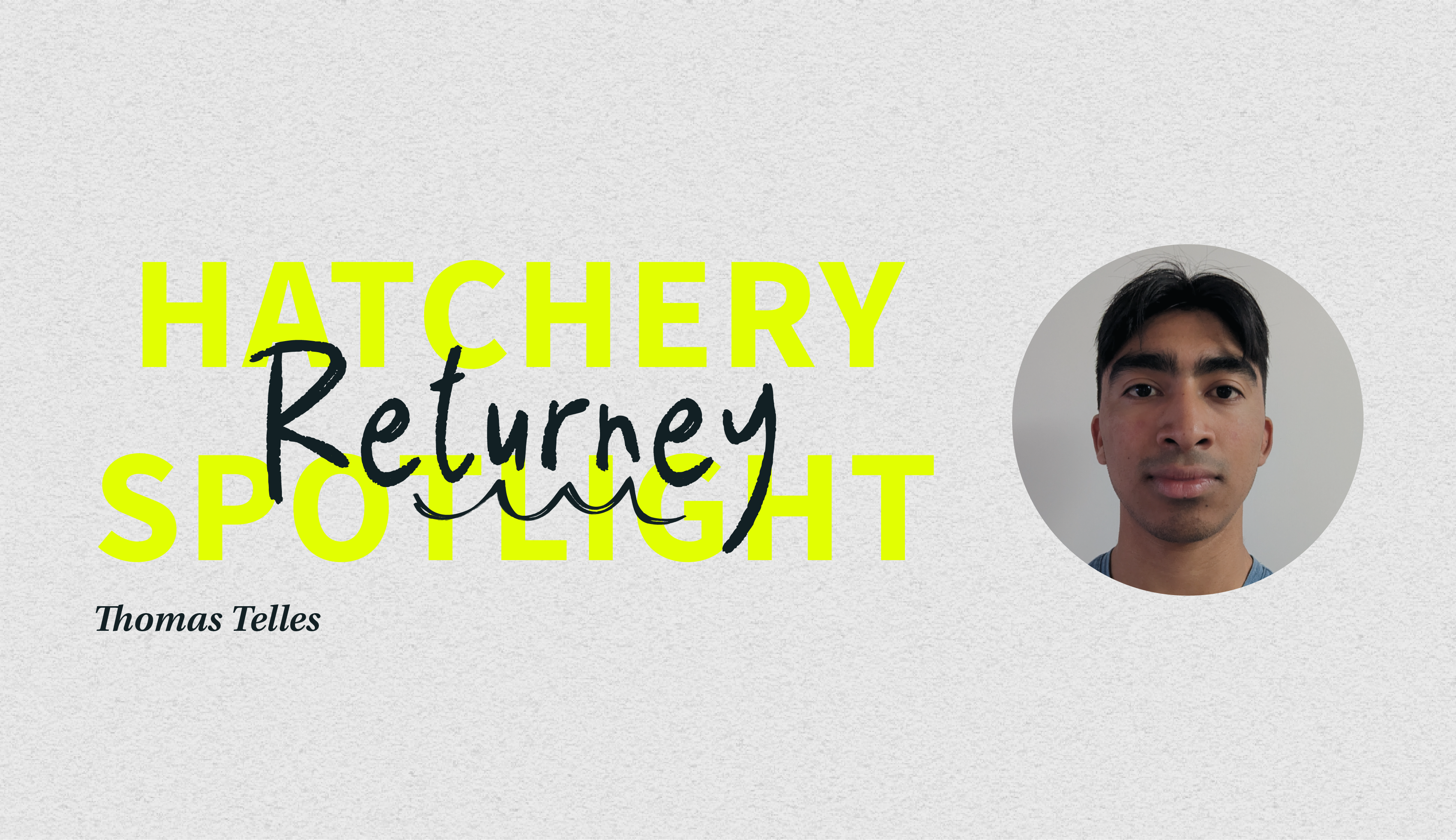Thomas Telles first learned about the concept of reverse logistics from a podcast.
Reverse logistics is a supply chain process, sometimes referred to as an “aftermarket supply chain.” Currently, retailers throw away about a quarter of their returns, according to NPR. Reverse logistics would reduce that waste, as retailers would repair, refurbish or recycle returned products for resale.
The concept intrigued Telles, an environmental earth and soil sciences junior at Cal Poly, and became the inspiration for his startup, Returney.
Returney is localizing returns in order to reduce unnecessary waste. When a consumer returns a product, that product often travels cross-country to get back to the manufacturer, according to Telles. Returney would implement local return centers, reducing travel costs and pollution.
With Returney, products would no longer be returned to the manufacturer. They would go to one of the startup’s localized return centers, which would function similarly to consignment or thrift stores.
Telles began developing the startup in 2022 and brought the idea to the Center for Innovation & Entrepreneurship (CIE) Hatchery. The Hatchery is an on-campus program that teaches student entrepreneurs how to develop their startup ideas.
For Telles, the program served as a crash course in entrepreneurship. The Hatchery broke down the startup process into steps that were easily digestible for students with minimal entrepreneurship experience, like Telles.
“The Hatchery is willing to take care of you so you’re not overwhelmed with all the details of starting a business,” Telles said.
The program also helped Telles refine his startup idea. When he first started in the Hatchery, Returney was an abstract concept. With the help of mentors in the Hatchery, called Entrepreneurs in Residence, Telles was able to simplify his idea, making it more feasible.
“It’s kind of a complicated field, so my idea has shifted completely since I began,” Telles explained. “When I began, it was a very convoluted idea. Now, it’s a pretty simple one, and one that I hope to bring to market sooner rather than later.”
Telles is currently in the market research stages. He is contacting apparel companies to learn about their return processes, as well as consignment and thrift stores to gain insight into the secondhand item market, which Telles said “is skyrocketing”.
By the end of the academic year, Telles hopes to have sufficient industry insight — enough to join the CIE’s Summer Accelerator, an intensive 12-week program that provides Cal Poly students and recent graduates with the resources needed to turn their startup ideas into real, scalable businesses, including $10,000 in seed funding.
Telles said he looks forward to growing Returney and normalizing a more sustainable return process, which he said could benefit the environment.
“Reverse logistics is inherently a sustainable model, and so if we (can implement it), then I think that would be very ideal,” Telles said.
